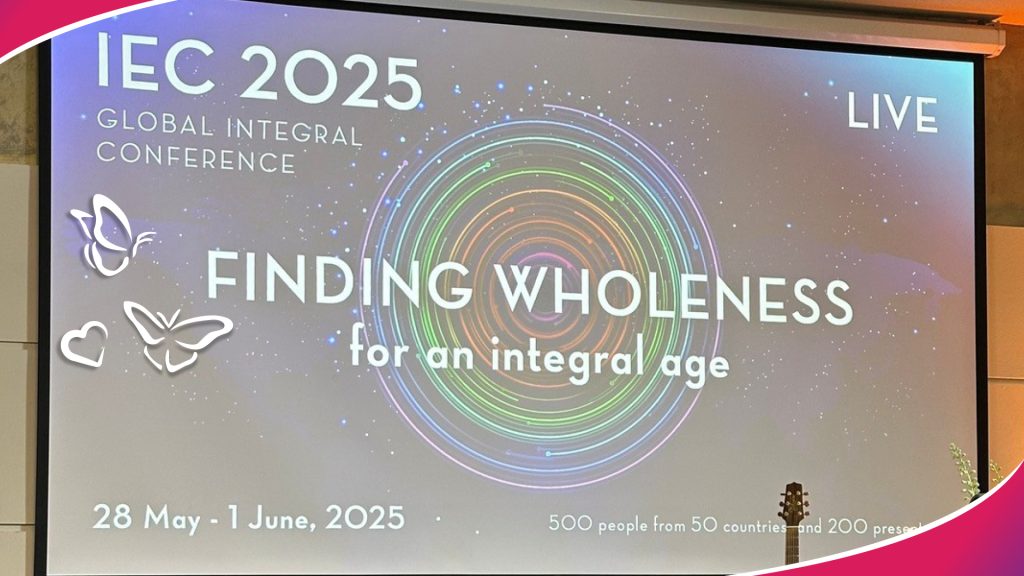
Written by: Michaela Kennedy,
Earlier this year, I had the privilege of representing Inclusion Tree at the Integral European Conference (IEC) 2025 in Hungary, an extraordinary gathering of thinkers, practitioners, innovators, and community builders from around the world. The week was alive with curiosity, heart, and transformative dialogue as hundreds of us came together to explore what it means to live, lead, and create from an integral perspective.
I began each day with a morning meditation practice, a grounding way to connect with myself before diving into a comprehensive program of keynote speeches, workshops, and social events. The themes resonated deeply with Inclusion Tree’s mission of helping people feel seen, heard, and understood.
The keynote sessions at IEC 2025 wove together theory, practice, and lived experience. Each one opened a different perspective on what it means to live and lead integrally in today’s world:
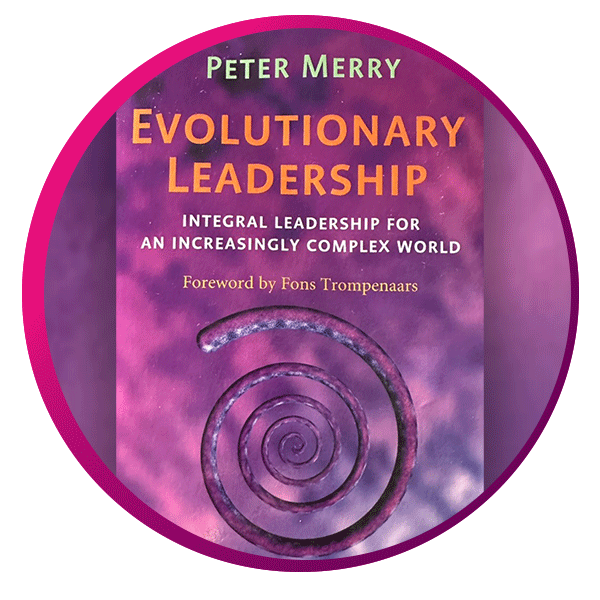
This session introduced “Wyrd Technologies,” a term pointing to tools and approaches that embrace complexity, synchronicity, and systemic flow. Rather than relying on linear solutions, these technologies help us notice patterns, deepen our intuition, and work with emergence in both organisations and communities. It was a call to recognise the subtle intelligence available when human and systemic awareness converge.
In a moving facilitation process, participants from around the globe gathered in a circle to share their hopes, concerns, and visions. Voices from many cultures were heard, reminding us that integral practice is not just about theory but about inclusivity, listening, and holding space for diversity. The circle itself was the keynote, a lived demonstration of collective presence.
This presentation explored the magnetic, tangible field that emerges when people meet one another with authenticity. Rather than focusing on individual charisma, the talk reframed presence as something co-created between people, an intersubjective resonance. It invited us to pay attention to the relational “between,” not just the personal “within.”
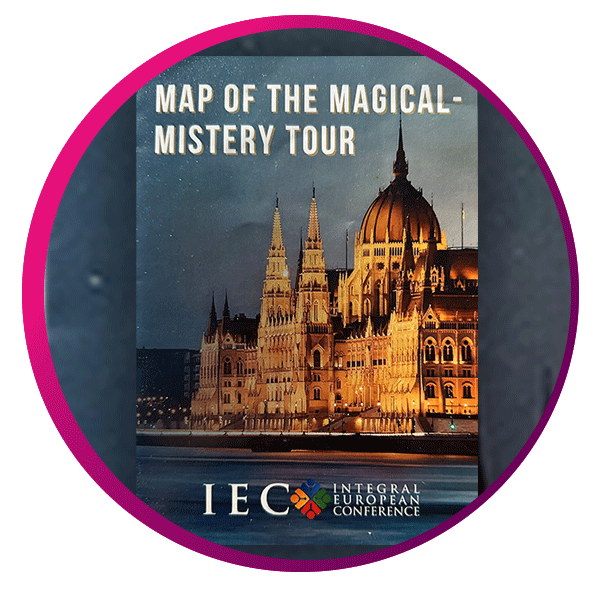
Here, the focus was on embodiment as the pathway to wholeness. The speaker challenged the tendency to seek integration only in the mind, instead inviting practices that return us to bodily awareness, stillness, and movement. Radical wholeness was framed as a courageous act: choosing to live without fragmentation in a world that often pulls us apart.
This provocative keynote invited us to examine integral theory itself critically. Are “grand maps” sometimes too abstract, too universalising, or even alienating? By surfacing blind spots and limitations, the talk invited a humbler approach to theory, one that stays grounded in lived human experience while still honouring the richness of integrative frameworks.
Aligning with the United Nations’ Sustainable Development Goals (SDGs), this keynote explored how inner capacities, such as empathy, resilience, and perspective-taking, can support global sustainability. Through an integral lens, the talk highlighted both the promise and the challenges of embedding IDGs into education, leadership, and community projects.
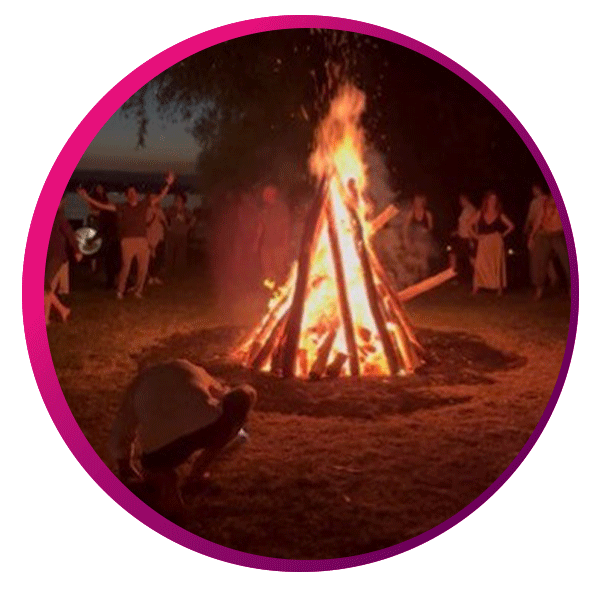
This session built on experiments in new organisational forms, pushing beyond Holacracy toward models infused with love and transformational practice. With boldness, it invited participants to consider how psychedelics, deep relational work, and community-building can create governance structures that are alive, adaptive, and human-centred.
Drawing from archetypal psychology, this keynote revealed primal patterns that shape human development and collective life. The Triunity Process was presented as a way of understanding how opposing forces and unifying principles interact, offering insights into both personal integration and systemic change.
This keynote shared inspiring stories of dialogue processes transforming communities in Latin America. Using integral facilitation, deeply divided groups were able to discover common ground and heal divides. The session was both hopeful and practical, showing how the “miracle of WE” can emerge even in contexts of struggle.
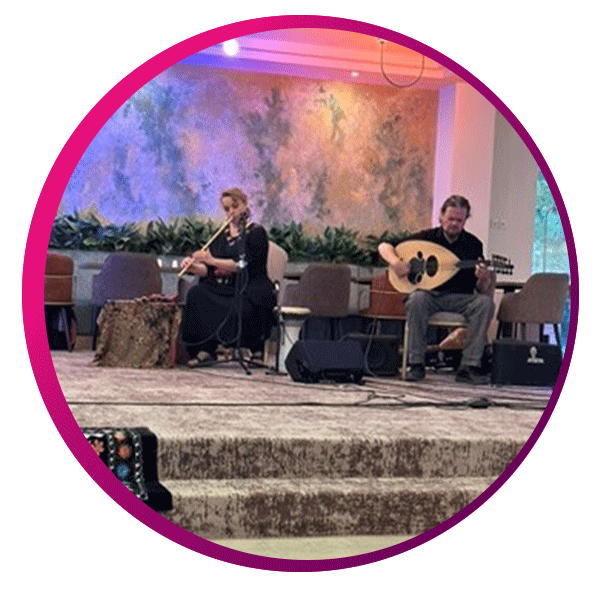
A powerful reminder that wholeness is not comfortable. This keynote argued that living integrally requires radical work, including confronting personal shadows, addressing systemic injustice, and leaning into the edges of growth. It was a call to courage, resilience, and commitment to the “hard work” of transformation.
This experiential keynote used sound and vibration as a map of human development. Participants were guided through tones, rhythms, and resonance that evoked different stages of consciousness. It was more immersive than a lecture, demonstrating how music and sound can awaken awareness beyond the reach of words.
Here, change was presented as a fractal, patterns repeating at multiple scales, from individual growth to societal transformation. The keynote offered insights into how recognising these repeating patterns can help us navigate change with greater clarity, compassion, and effectiveness.
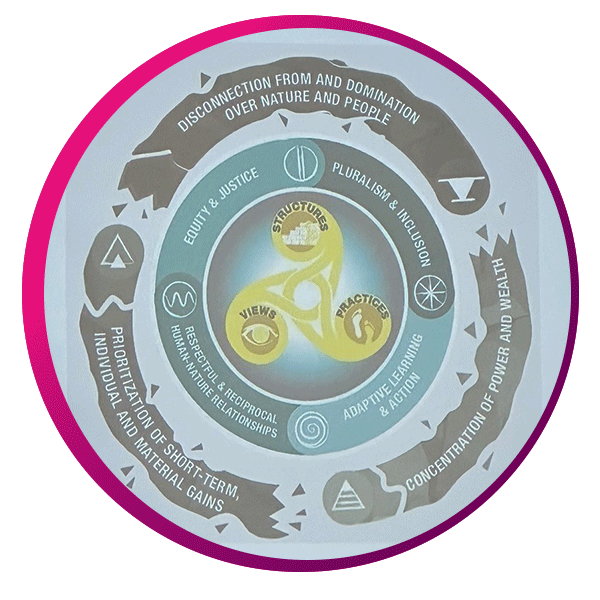
This keynote directly addressed the polarisation evident in today’s political landscape. Instead of seeking to erase or avoid polarity, the speaker suggested “surfing” it, holding tension creatively, and using conflict as a generative force. It was a timely reminder that politics can be practised with wholeness and creativity, not just division.
Here, the spotlight was on collective, not individual, awakening. The keynote invited participants to consider what happens when groups wake up together, when awareness, compassion, and clarity arise not in one person, but in the shared field of consciousness. Practices of group meditation and intersubjective dialogue were presented as gateways to this awakening.
Using the Spiral Dynamics framework, this keynote analysed war, politics, and ecology as interconnected expressions of human development. It showed how conflicts and ecological crises can be understood as struggles between worldviews, and how solutions must meet each worldview with compassion while guiding humanity toward higher levels of integration.
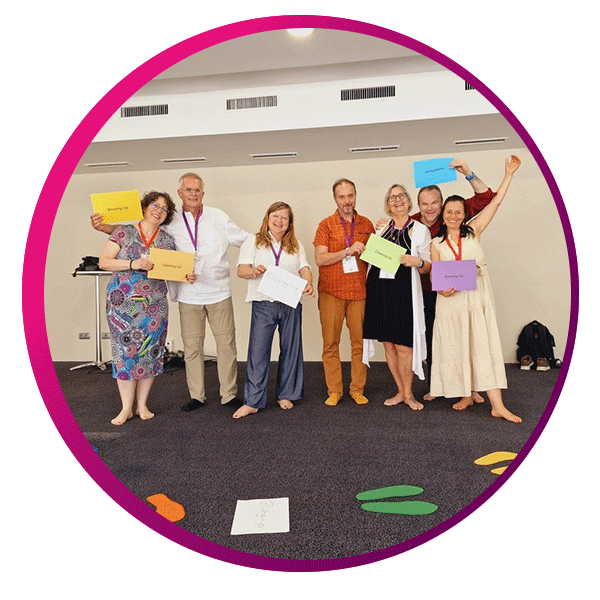
Education was reimagined here as a holistic journey that nurtures body, mind, and spirit. The keynote highlighted models of education that foster resilience, creativity, and systems thinking, preparing young people not just for jobs but for life in a rapidly changing world.
Closing the arc, this keynote reminded us that embodiment is essential to integral practice. Through breath, movement, and felt awareness, we are invited to return “home” to ourselves. The body, often overlooked in intellectual spaces, was framed as the truest gateway to wholeness.
Together, these presentations created a powerful arc: from theory to lived experience, from the individual to the collective, and from challenges to possibilities.
Highlights included:
Evenings were filled with connection – from the gala dinner to an outdoor tribal community event under the stars – weaving together professional dialogue and heartfelt friendships.
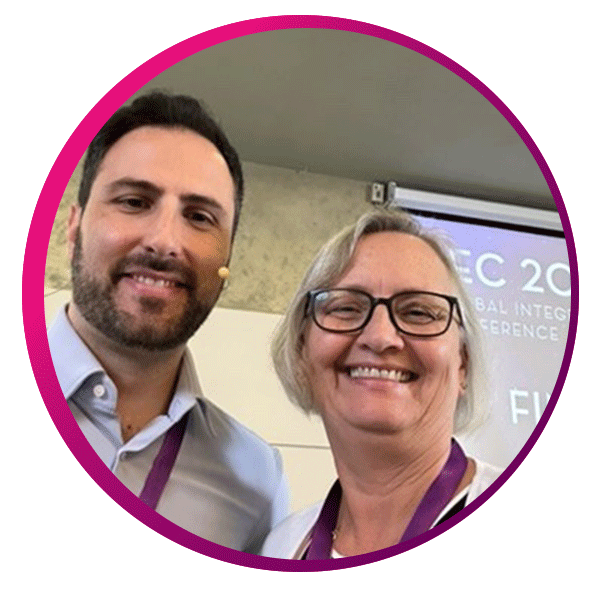
One of the most rewarding experiences was co-presenting a workshop with Stephane Segatori: “The First Company Built with an Integral We-Space.” Together, we shared Inclusion Tree’s pioneering journey in cultivating organisational culture not only as a structure, but as a living field of connection, compassion, and co-creation.
Participants engaged deeply with how a company can be built from the inside out, where governance, culture, and service all flow from collective awareness, trust, and shared purpose. The discussion reinforced our belief that workplaces can (and should) be transformative spaces that nurture both individual growth and collective flourishing.
Beyond the workshops and formal sessions, the Magical Mystery Tour with fellow participants served as a poignant reminder of the joy of discovery and the power of community. Together, we explored Hungary in a spirit of curiosity and play, strengthening bonds that will continue long after the conference.
Attending IEC 2025 reaffirmed for me that Inclusion Tree is part of a global movement – one that is daring to imagine organisations, communities, and societies where love, wisdom, and wholeness guide our decisions and relationships.
I return inspired, more deeply committed than ever to:
The Integral European Conference was not just an event; it was an experience of possibility. For Inclusion Tree, it marks another step in our journey of weaving compassion, collaboration, and connection into everything we do.
As we continue to grow, we carry forward the spirit of IEC 2025: a belief that when we come together in wholeness, we can create organisations, and communities that truly embody love in action.
We acknowledge the connections of First Nations People of Australia to the land, sea and community on which we live and work. As custodians of this sacred land we respect and acknowledge Elders, past, present and emerging.